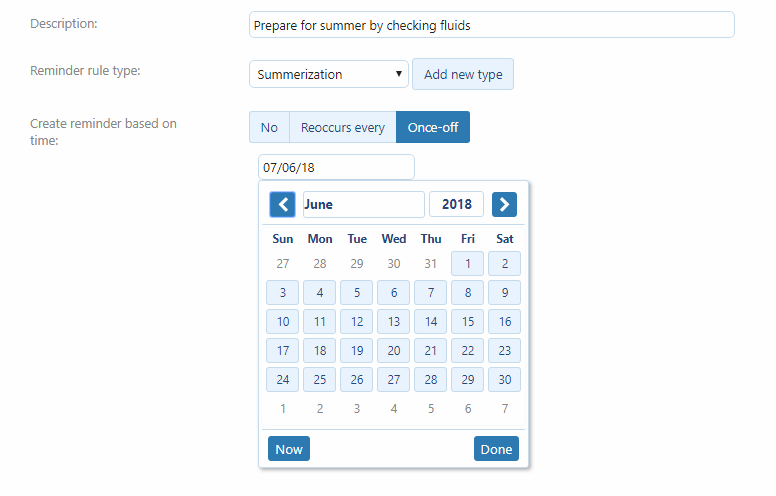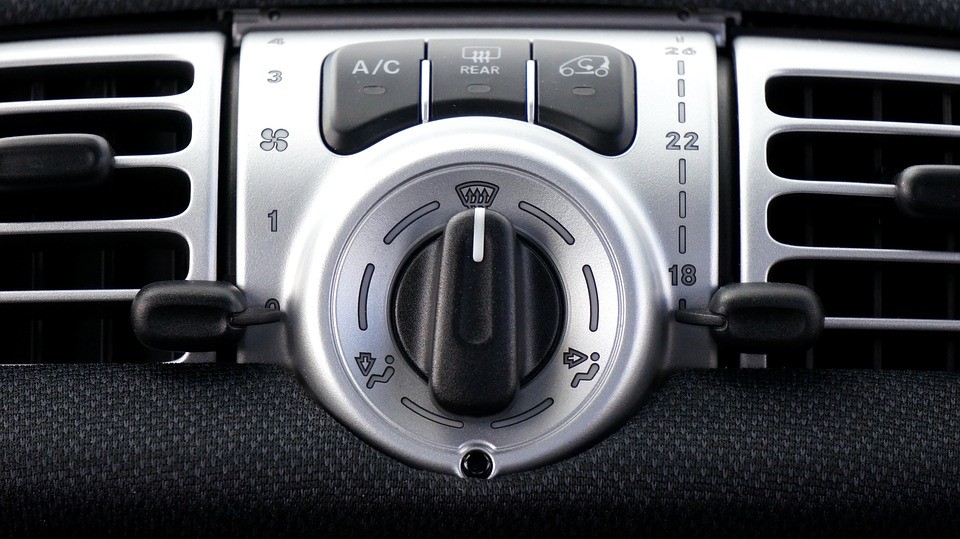Summer Fleet Management
Summer is in full swing! How does Summer 2018 compare to previous years? So far, forecasters called for a normal to a hotter-than-average summer. What does this mean for fleets and for summer fleet management?
Obviously, summer fleet management can be challenging. For instance, fleet managers need to address engine maintenance concerns, driver health risks, and operational challenges. We’ll explore all three of these items in this post.
Engine Maintenance Concerns
The number 1 summer fleet management concern should be engines because hot weather affects engine performance and leads to downtime. In fact, overheating engines are the most common hot weather issue.
Tom Plippo, an AAA member and repair expert, explains that “summer is the biggest stressor to cars because belts, hoses, tires, and wipers have shorter lifespans when exposed to sunlight.”
Best practice: Summerization
In order to prepare for summer fleet management, many fleets go through “summerization” tasks. 72% of fleets have summerization tasks, which include things like inspecting vehicles, draining winter waste, and upgrading equipment.
How do managers keep up with tasks? A lot of fleets use software to schedule reminders. For instance, on Geotab, fleet managers can create summerization reminders every few months or on specific dates.
Driver Health Risks
Another big concern is driver health risks. Unfortunately, a lot of people underestimate the dangers of hot summer weather. For example, just this summer, dozens of people died after a heat wave in Quebec.
In turn, fleets need to take care of their driver’s health. It’s necessary because of legal obligations and because it creates happy employees.
Best Practice: Cooling your Drivers
Never forget to cool your drivers! Believe it or not, businesses lost good employees because of summer heat. For example, in one business, a top-performing driver quit during the summer. The manager then called the driver to ask why, and was surprised to hear the reason: “my work car’s AC was @#@#”,
In addition to engine maintenance, fleet managers should add air condition on the summerization list. Some common AC tasks include cleaning the car’s filter or upgrading equipment.
Also, another good idea is taking care of driver by providing a free summer kit. Some companies give water, coolers, and sunglasses to their drivers every summer. Although it’s a small gesture, it goes a long way for creating happy employees!
Operational Challenges
Finally, summer fleet management involves fighting against summer traffic. Summer traffic is actually worse than other times of the year because of construction projects and people off work or school.
Best Practice: Traffic Planning
A lot of dispatchers use mapping tools to plan their summer. One of the biggest benefits of using mapping tools is they help drivers avoid congestion by giving live traffic updates.
For example, on the Geotab portal, dispatchers can create a route. The map then takes Google traffic updates and re-routes the driver based on traffic.




